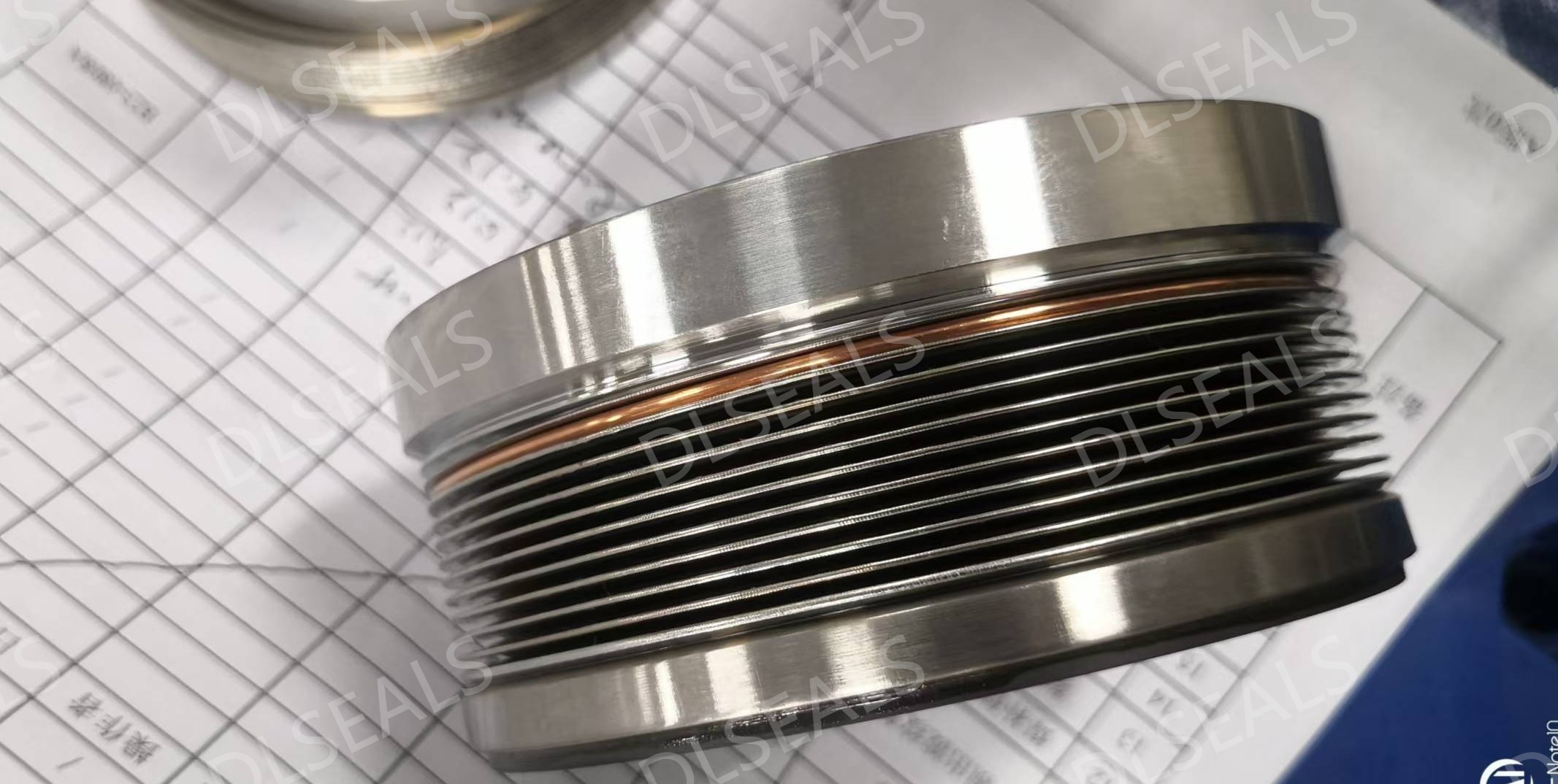
In modern industry and construction engineering, metal bellows are widely used due to their unique design and functionality. They not only provide effective solutions in many key areas, but are also highly regarded for their excellent performance characteristics. This article will delve into the basic concepts, main applications, and advantages of metal bellows.
What is a metal bellows?
A metal bellows is a pipe made of metal material with a corrugated structure on both the inner and outer surfaces. This design gives the metal bellows extremely high flexibility and pressure resistance. Usually, metal bellows are made of materials such as stainless steel, aluminum alloy, and galvanized steel, and can adapt to various environmental conditions and application requirements.
Main application areas
Construction industry: In the construction industry, metal bellows are often used in the drainage and ventilation systems of buildings. They can effectively withstand pressure fluctuations inside and outside the building, ensuring the stability and safety of the system.
Automotive industry: In the automotive engine system, metal bellows are used to connect different components, such as the exhaust system and the cooling system. These bellows can absorb the vibrations generated when the engine is running and reduce noise, thereby improving the comfort and durability of the vehicle.
Petroleum and Chemical Industry: In the petroleum and chemical industry, metal bellows are widely used in pipelines that need to withstand high temperatures, high pressures, and chemical corrosion. The corrosion resistance and high temperature resistance of metal bellows make them an ideal choice.
Aerospace: In the aerospace field, metal bellows are used in the piping systems of aircraft and spacecraft. They can cope with extreme temperature changes and high pressure environments to ensure the stability and reliability of the system.
Advantages and Features
High flexibility: The corrugated design of metal bellows makes it highly flexible and can adapt to different installation conditions and space restrictions. They can be easily bent during the installation and maintenance of the system, reducing the requirements for fixed structures.
Corrosion resistance: Metal bellows made of corrosion-resistant materials such as stainless steel can be used for a long time in harsh environments and resist corrosion from various chemicals.
High temperature resistance: Metal bellows can withstand high temperatures, so they are suitable for high temperature environments, such as engine systems and high temperature exhaust systems.
Pressure resistance: The corrugated structure of metal bellows can effectively disperse internal pressure, improve its pressure resistance, and is suitable for various high-pressure applications.
Shock absorption effect: The corrugated structure can also effectively absorb and absorb shock, reducing vibration and noise in the operation of the pipeline system.
Future development trend
With the advancement of science and technology and the development of materials science, the design and materials of metal bellows are constantly innovating. In the future, metal bellows may integrate more advanced functions, such as intelligent monitoring systems, to improve their efficiency and safety. In addition, environmental protection and sustainable development are also important directions for future development. Manufacturers will be committed to developing more environmentally friendly materials and processes to reduce the impact on the environment.
Conclusion
Metal bellows play an important role in many fields with their unique design and superior performance. From construction to automobiles to aerospace, they have demonstrated strong adaptability and reliability. With the continuous advancement of technology, we can expect metal bellows to continue to provide innovative solutions for all walks of life in the future, promoting the progress and development of the industry.
Post time: Sep-09-2024
